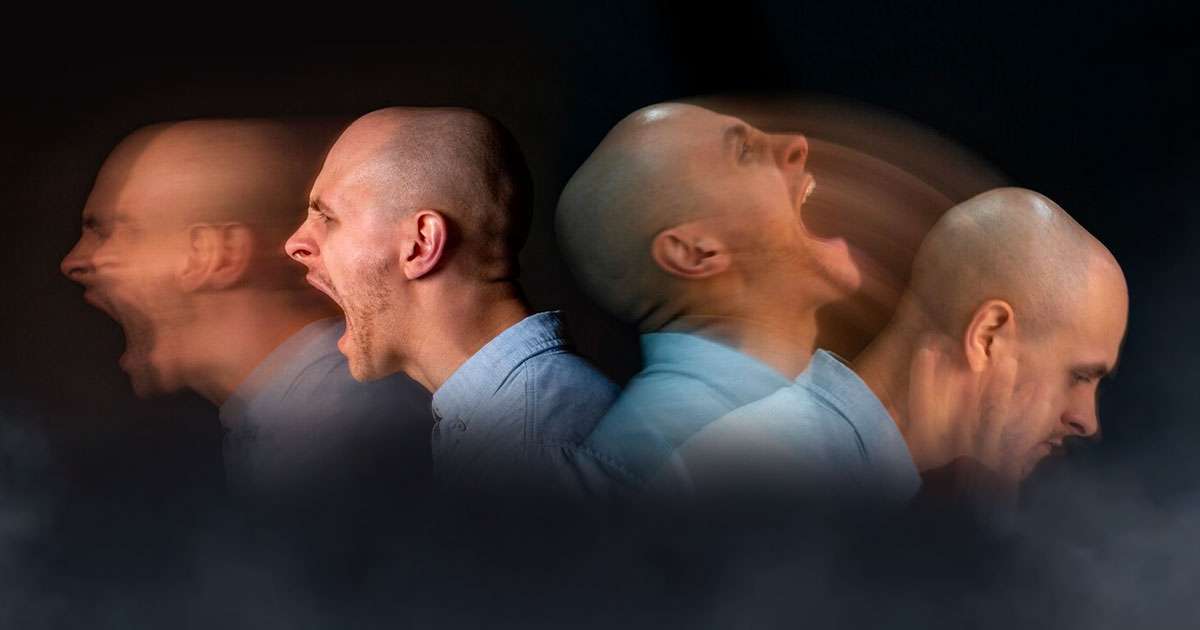Schizoaffective Disorder vs Schizophrenia: Symptoms, Differences, and Severity

Mental disabilities, or mental illnesses, are common in today’s society, with more than one in five U.S. adults living with some form of mental illness. This equates to an estimated 57.8 million people affected by mental illness in 2021 alone. These illnesses may have a significant impact on the afflicted people, their families, and communities.
Common symptoms of mental illnesses can range from changes in mood, personal habits, and social withdrawal to more severe symptoms such as delusions, hallucinations, or suicidal ideation. These symptoms can significantly impact a person’s ability to function in daily life, affecting relationships, work, and overall quality of life.
Medication, psychotherapy, and lifestyle modifications are frequently used in conjunction for the treatment of mental health disorders. It is crucial to remember that, although these therapies can control symptoms, they cannot offer a remedy. Encouraging people to live happy, fulfilling lives in spite of their diagnosis is frequently the aim.
Two mental illnesses that are often misunderstood are schizoaffective disorder and schizophrenia. Both of these disorders involve symptoms of psychosis but are distinct in their characteristics and manifestations.
Understanding Schizoaffective Disorder
Combining elements of schizophrenia and a mood disorder, such as depression or bipolar disorder, schizoaffective disorder is a complicated mental illness. Those affected by this disorder often experience symptoms including delusions, hallucinations, a depressed mood, mania, and disorganized thinking.
Causes and Diagnosis
The exact cause of schizoaffective disorder remains unknown. It is widely acknowledged, nevertheless, that a mix of environmental, chemical, and genetic factors could have an impact on its development.
Because the symptoms of schizoaffective disorder can overlap with those of other mental health conditions, diagnosing it can be difficult. Typically, a comprehensive psychiatric evaluation and detailed medical history are necessary for an accurate diagnosis.
Treatment and Management
While there is no outright cure for schizoaffective disorder, effective management is possible with the right treatment approach. This often involves a combination of medications, psychotherapy, and skills training.
Medications can help manage the intensity and frequency of symptoms; psychotherapy provides tools to cope with the disorder; and skills training can help individuals improve their social and vocational capabilities. Despite the difficulties, people with schizoaffective disorder can have happy, fulfilling lives if they receive the right care and assistance.
Understanding Schizophrenia
An individual with schizophrenia suffers from a severe mental illness that profoundly affects their thinking, perception, emotions, language, sense of self, and behavior. Hallucinations, delusions, disordered speech, and negative symptoms like reduced emotional expression or avolition are common in people with schizophrenia.
Causes and Diagnosis
While the exact cause of schizophrenia, like schizoaffective disorder, remains unknown, it’s generally believed that a combination of genetic factors, brain chemistry, and environmental influences may play a role in its development. In order to diagnose schizophrenia, a patient must rule out other mental health conditions and ensure that their symptoms are not brought on by drug abuse, medical conditions, or substance abuse.
Treatment and Management
Antipsychotic drugs and psychotherapy are often used in combination for the treatment of schizophrenia. These are intended to control the symptoms and enhance the person’s quality of life. Even though it can be a difficult journey, people with schizophrenia can lead fulfilling lives if they receive the right care. Anyone exhibiting symptoms should consult a professional as soon as possible to guarantee an early diagnosis and course of treatment.
What is the Difference of Schizoaffective Disorder from Schizophrenia?
Schizoaffective disorder and schizophrenia are both severe mental health conditions that involve symptoms of psychosis. However, they are distinguished by the presence and predominance of mood disorder symptoms.
Major mood symptoms, like depression or mania, must persist for the majority of the illness’s duration in order for schizoaffective disorder to be diagnosed. This means that, in addition to experiencing periods of psychosis, individuals with schizoaffective disorder also endure episodes of mood disturbances.
On the other hand, while individuals with schizophrenia may experience mood symptoms, they do not dominate their clinical picture and are not a requirement for diagnosis. Distortions in thinking, perception, emotions, language, sense of self, and behavior are among the main characteristics of schizophrenia.
Comparing Severity of Disorders
It is important to keep in mind that every person’s experience with mental health conditions is different when deciding which disorder is “worse.” Without appropriate care, schizophrenia and schizoaffective disorder can both be extremely crippling and negatively affect a person’s capacity to go about their everyday lives.
However, people with either illness can manage their symptoms and have happy, fulfilling lives if they receive the right care and assistance. It’s important for anyone experiencing symptoms suggestive of these disorders to seek professional help promptly for early diagnosis and treatment.
Managing Schizoaffective Disorder and Schizophrenia
Understanding the nuances that distinguish schizoaffective disorder from schizophrenia is key to ensuring an accurate diagnosis and implementing an effective treatment strategy. Both conditions, while challenging, can be managed with appropriate care, allowing individuals to lead fulfilling lives.
Keep in mind that, while important, these diagnoses do not fully describe a person. With the right support, those living with schizoaffective disorder or schizophrenia can still reach their aspirations, cultivate meaningful relationships, and make valuable contributions to society.

